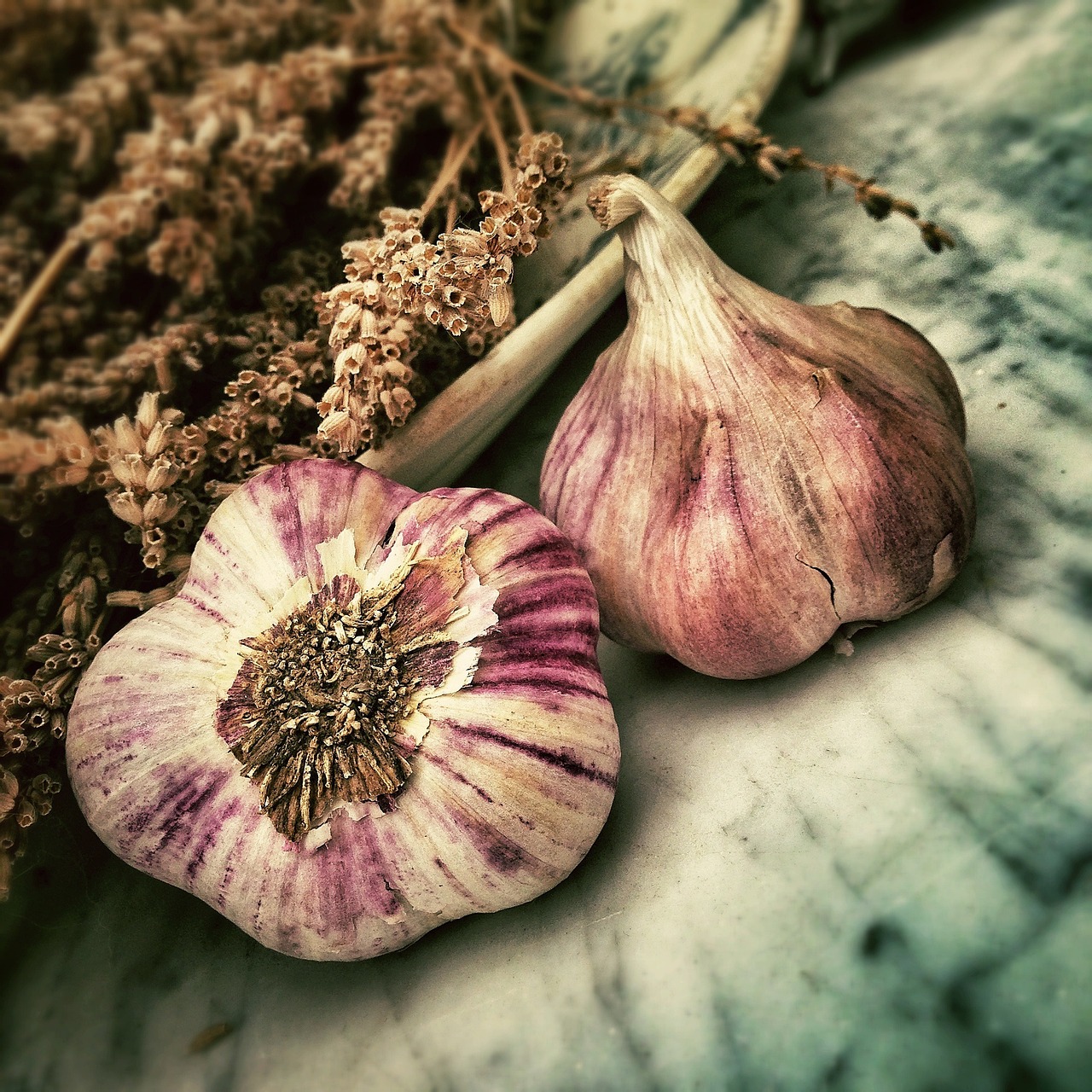
Today is April 19th and the world smells like allium – that sharp, sulfurous bite that catches in the back of your throat and makes you wonder why anyone would eat such a thing raw. But they do, and have done so since before the pyramids rose from Egyptian sand.
The funny thing about garlic is that it’s simultaneously the most humble and the most revered of ingredients. A common bulb that grows in gardens from Alaska to Zimbabwe, yet ancient cultures gave it powers that rivaled the gods themselves. Romans fed it to their soldiers before battle. Tibetan monks warded off evil spirits with it. Greeks associated it with Hecate, goddess of magic and crossroads.
And here we are, celebrating National Garlic Day while most of us wouldn’t recognize the plant if it slapped us across the face with its own stalk. We know it crushed and sautéed, dried and powdered, roasted until it’s sweet as honey. But what does garlic look like in the ground? How many of us have pulled a head of fresh garlic from the earth, the papery skin still damp with morning dew?
Our relationship with garlic mirrors how we’ve grown distant from the earth that feeds us. We appreciate the result but not the process, the flavor but not the growing. That pungent taste that makes lovers avoid it and vampire stories believable comes from the same chemical reaction that makes onions bring tears to our eyes. Sulfuric compounds bind and break, creating something that both offends and delights our senses.
Maybe that’s the lesson of garlic – that the most ordinary things can carry extraordinary power. That what grows underground in darkness can flavor our brightest moments. That something which makes breath socially unacceptable might, in the right hands, become the foundation of culinary perfection.
Today, thousands of cooks will peel and chop those papery cloves without giving them a second thought. But for a moment, consider the journey: seeds planted in fall, green shoots breaking through spring soil, months of patient growth culminating in that moment when the blade of your knife releases that distinct aroma into your kitchen. That’s not just cooking – that’s communion with centuries of human history, with the earth itself.
That pungency on your fingertips? That’s the smell of transformation. Of humble things becoming extraordinary. Of darkness becoming flavor. Of life finding its way into everything we create.